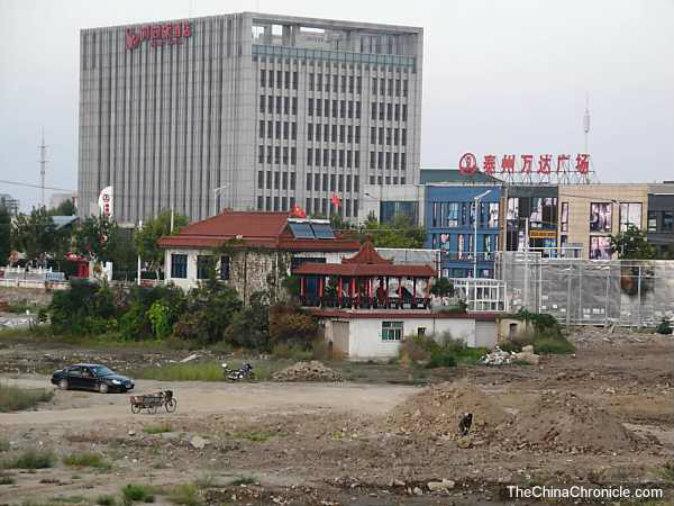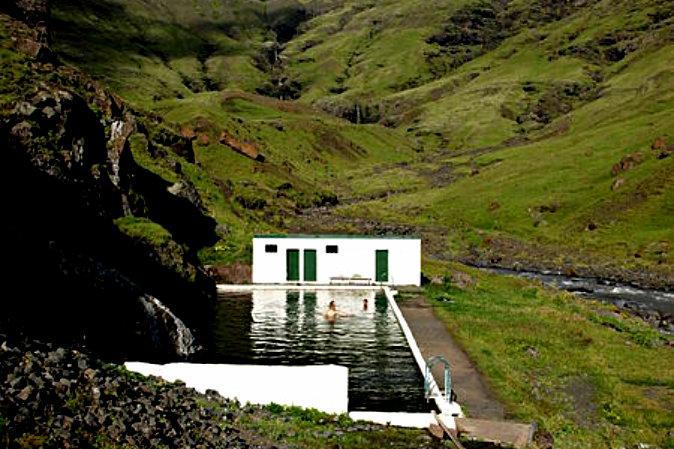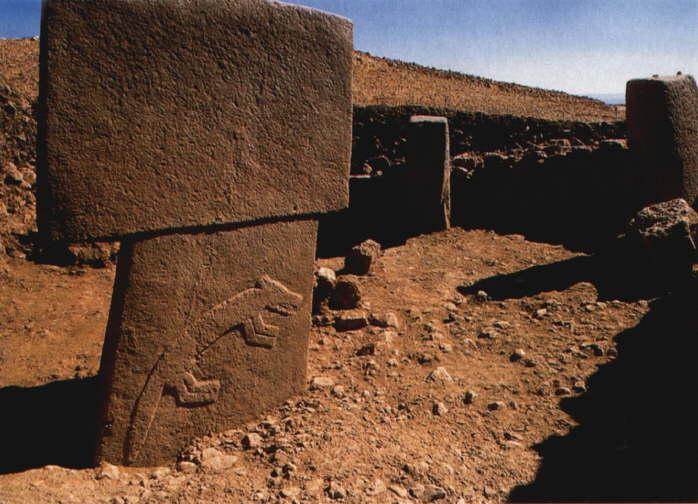Original article on www.vagabondjourney.com
TAIZHOU, Jiangsu, China - “Beijing has lots of preserved buildings, why can’t Taizhou?” Mrs. Zhang asked as we stood on the second floor outdoor patio of her home.
It was a moot point in her case, as her house now stands alone as an isolated island of old China in a sea of rubble. The ancient neighborhood of meandering alleyways and centuries-old grey brick homes that occupied this area for hundreds, if not thousands, of years had already been demolished, cleared away –effectively erased from the slate of modern China.

Zhang family home Wade Shepard, Vagabond Journey





